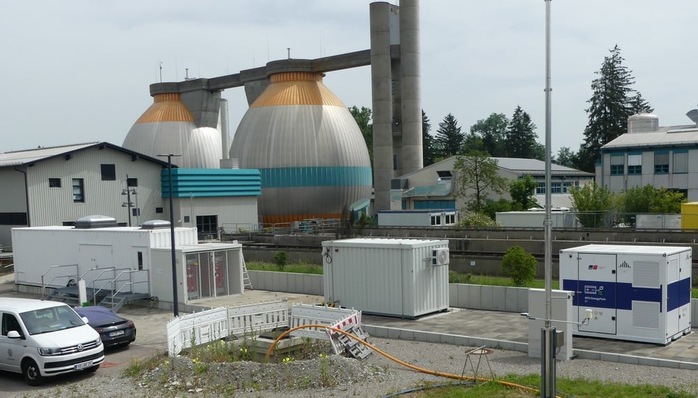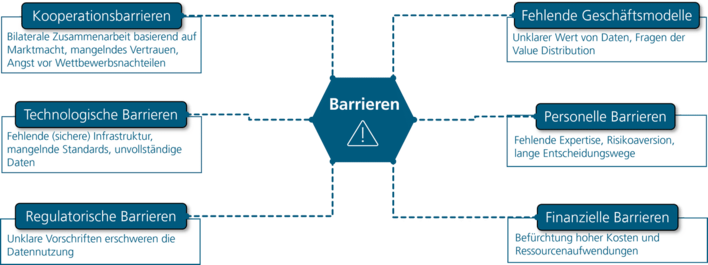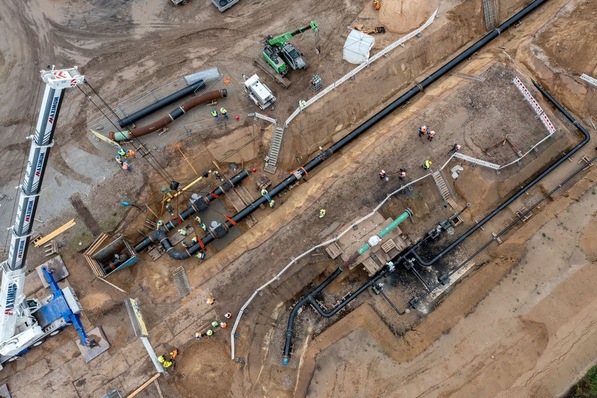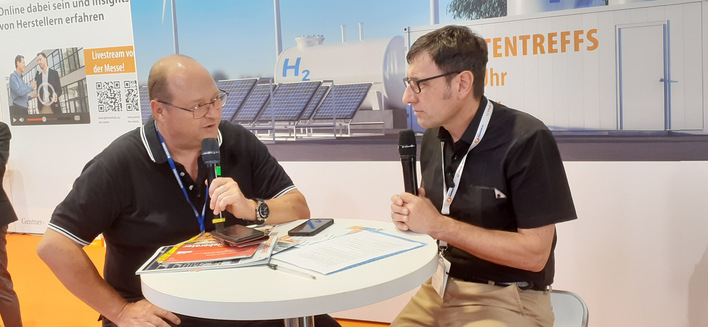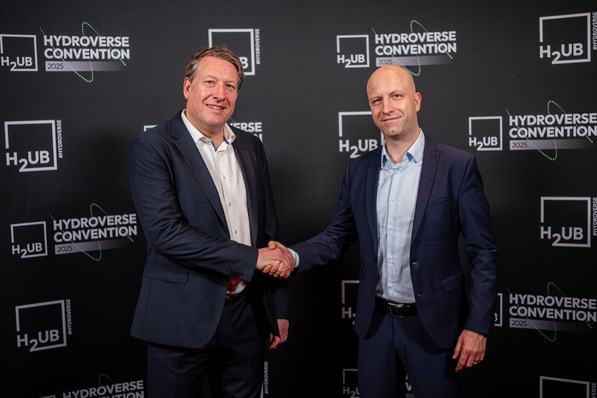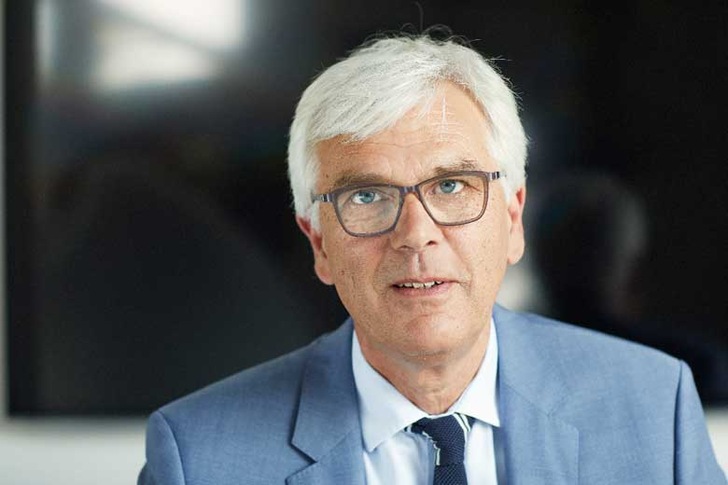
A sum total of 20 projects were chosen as part of an ideas contest by the ministry which was, before the latest government shake-up, officially known as the Federal Ministry for Economic Affairs and Energy. The aim of the 7th Energy Research Programme was to initiate projects in various regions of Germany. These, it was hoped, would act as incubators that would give fresh impetus to the energy transition and help the government reach its climate targets.
In summer 2019, the economy and energy ministry proudly announced that a grand total of 90 proposals has been submitted involving over 500 participants from the industrial and research sectors. This was narrowed down to the 20 best schemes, half of which were focused on hydrogen while the other half concentrated on energy optimization. Each federal state (with the exception of Bremen) was awarded at least one project. These proposals were due to receive grant funding of up to EUR 100 million in the runup to 2022 (see H2-international, July 2019).
As it happens, things turned out rather differently, with most Living Labs for the Energy Transition still not out of the starting blocks. In 2021, half of the schemes entered the project phase which will last until 2025. Only Westküste100 managed to get going in 2020.
Considerable bureaucracy
Way back at the bidding phase, concerns were raised as to whether it was still prudent to stump up subsidies for further demos and research projects or whether it would be better to provide more support for market entry. Reservations were also openly expressed straight after the winners’ presentation about whether all the schemes could actually be carried out in the way they had been intended.
For a long period there was a lot of fuzziness surrounding what exactly was eligible for funding. Not only that, it was clear from early on that the funding regulations would be stringent. This is something that many industry players have since confirmed to H2-international. “The demands are considerable,” “it’s a rough ride” – are among the comments from various corners.
Author: Sven Geitmann




